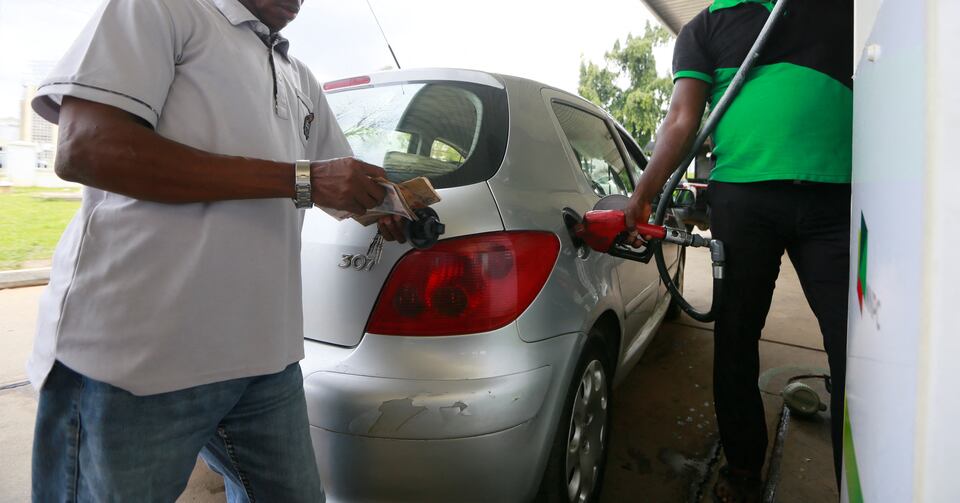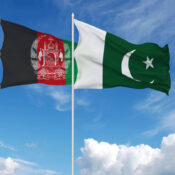
According to a draft document, Nigeria might spend 50% more on fuel subsidies in 2024
Nigeria will probably borrow an additional 6.6 trillion naira to cover budget gaps in 2024 while spending 5.4 trillion naira ($3.7 billion) on maintaining fixed gas prices, which is 50% more than in 2023, according to a draft document obtained by Reuters on Thursday.
The finance ministry, in collaboration with executives from the private sector and a few economists, devised the “Accelerated Stabilization and Advancement Plan” (ASAP) to solve issues around growth-promoting measures.
In an attempt to spur growth, President Bola Tinubu eliminated a popular but expensive gasoline subsidy last May. Investors applauded this historic move. However, the action infuriated drivers by tripling gasoline prices, raising transportation costs, and accelerating inflation.
Labor unions have put pressure on Tinubu because of the increased cost of living brought forth by his changes, but he has promised not to undo them.
Despite two currency devaluations, gas prices have remained set since July of last year. Because state-owned refineries produce very little petroleum output, the nation has long been dependent on imports.
By the end of 2024, fuel subsidy spending is expected to total 5.4 trillion naira at present rates. In the draft statement, the ministry stated, “This compares unfavorably with 3.6 trillion naira in 2023 and 2.0 trillion naira in 2022.”
The draft was sent to Tinubu on Tuesday, according to presidential adviser Bayo Onanuga. However, he noted that the document is still merely a proposal with recommendations for enhancing the Nigerian economy.
However, experts note that in the event that the president signs the policy, he may issue executive orders to start putting its suggestions into practice. These include business-friendly plans for the electricity, oil and gas, agriculture, and healthcare sectors.
With an annual growth rate of only 3%, Nigeria’s economy has been stuck in neutral and has fallen well short of the 6% growth Tinubu had set for himself when he took office last year.
The ministry suggests in its strategy statement that in order to collect money, the government should sell equity in its refineries by May 2026, boost the excise tax on beverages, and impose a charge on single-use plastics and sweetened beverages.
In order to improve cash flow and close income shortfalls, it also says that the government plans to increase oil production from its current level of 1.4 million barrels per day to approximately 2 million by December.
All Categories
Tags
+13162306000
zoneyetu@yahoo.com


